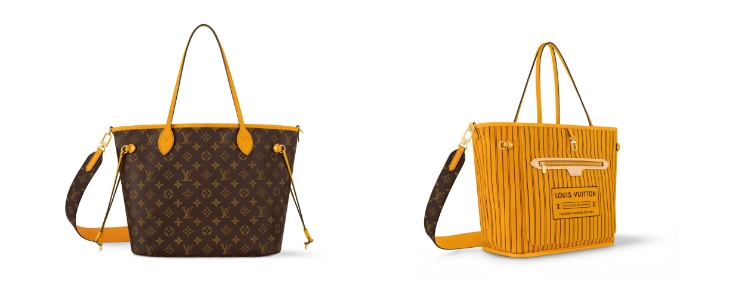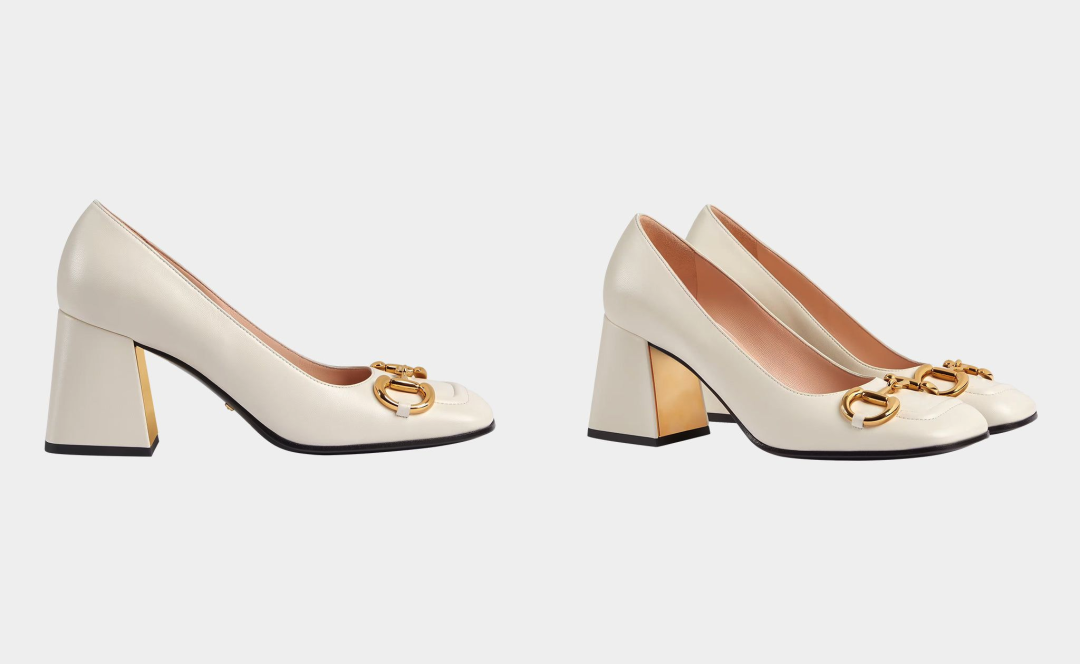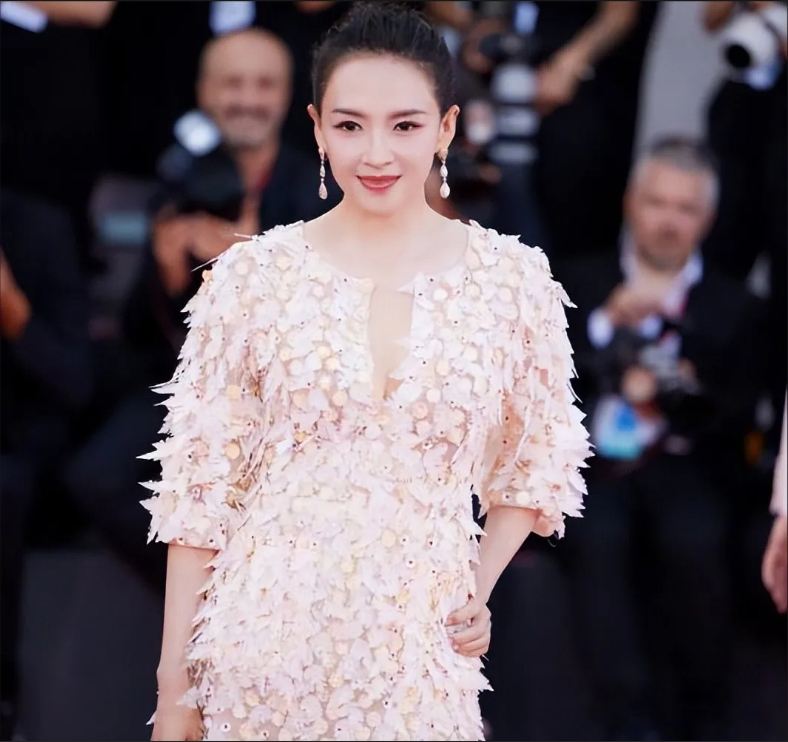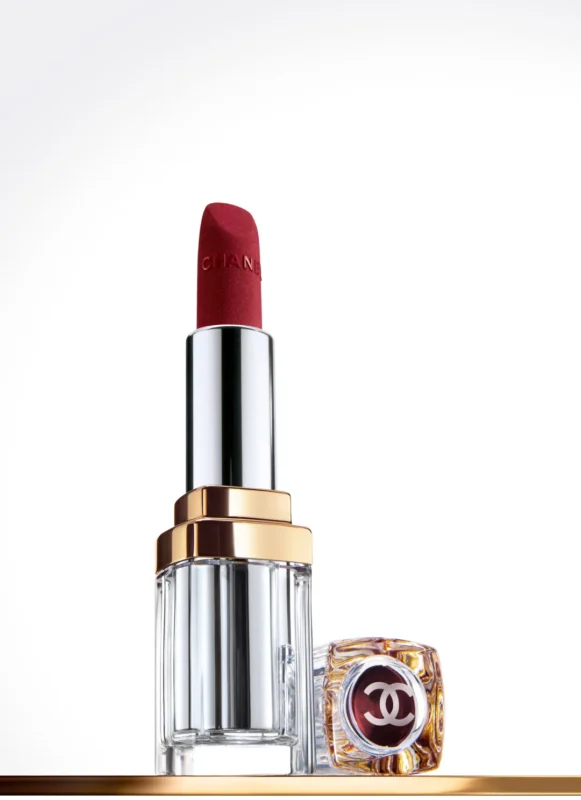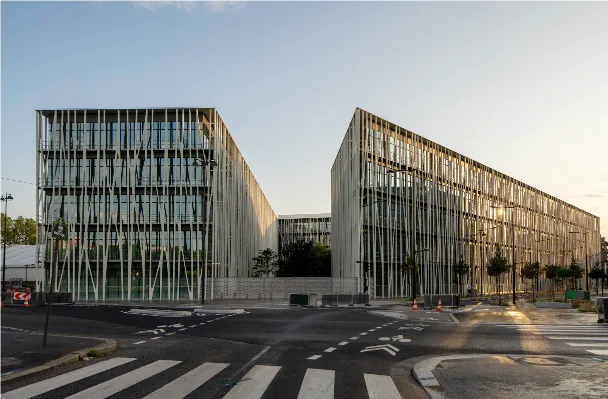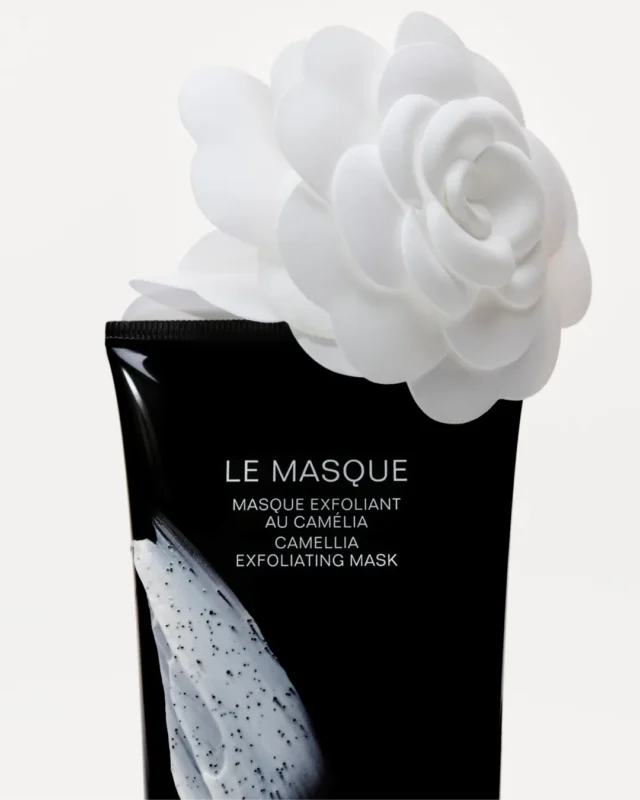The discourse power of traditional fashion magazines has been sidelined, and readers and consumers have turned to approachable bloggers.
American media group Conde Nas recently officially announced that 27 year old Australian Chinese fashion blogger Margaret Zhang has become the new editorial director of the Chinese version of VOGUE, replacing the resigned Angelica Cheung Zhang Yu.
Anna Wintour, Global Editor in Chief of VOGUE and Global Chief Content Officer of ContaNas, stated that Margaret Zhang’s international perspective, understanding of digital platforms, and broad interests will give VOGUE China new vitality. Li Li, CEO of ContaNas China, also expressed high expectations for Margaret Zhang’s appointment.
Although people have been mentally prepared through rumors, the news of Margaret Zhang becoming the editorial director of VOGUE China still shook the fashion industry. The labels attached to Margaret Zhang, one is “the youngest in history” and the other is “internet celebrity”, breaking all people’s previous imagination of fashion magazine editors.
Fashion magazine editors have always been one of the professions subject to the most subjective speculation. Influenced by a classic movie called “The Witch Wearing Prada”, the editor in chief of a fashion magazine has left a deep impression on the public with a serious and professional attitude, covering the sky with her hands and eyes, and acting cruelly. She is Anna Wintour wearing sunglasses and Zhang Yu with her hands in a suit pocket.
The young woman with blue hair in front of her has nothing to do with this stereotype, which naturally raises a series of questions about why she is, whether she can handle it, and so on.
The choice of Margaret Zhang as the editor in chief of VOGUE China may seem shocking at first glance, but the underlying considerations are obvious. In the crisis of traditional media, the demand for VOGUE is very clear, which is change. To stimulate change, it is impossible to choose the second Zhang Yu, but a bolder candidate.
VOGUE is not the first magazine to choose non professional media professionals as its editor in chief. Last month, the local consumer publication Boutique Shopping Guide announced that internet celebrity Zhou Yangqing had become the first guest editor in chief. South Korean idol group Blackpink member LISA and Chinese singer Li Yuchun were also appointed as guest judges for the French fashion authority award ANDAM last week. The market situation in the era of social media is very clear, which is moving from elites to the general public.
Born in 1993, Margaret Zhang started her personal blog “Shine by Three” at the age of 16 and became a fashion blogger, accumulating 1.18 million followers on Instagram over the past 11 years. However, the key to her winning the position of China editor in chief of VOGUE was not to excel in the fashion blogger industry, but to have a personal image with multiple identities. After the blogger’s career took shape, she began to participate in various photography projects, serving as a visual creative director, stylist, writer, and part-time model. She also played the piano in her spare time and had extensive exposure in various fields.
In 2016, she created two digital covers for the inaugural issue of VOGUE ME and became a cover character. She also co founded the consulting company Background and has collaborated with companies such as Airbnb, YouTube, Moncler, and Mulberry. Recently, she has devoted herself to becoming a director again, writing a film script that focuses on the issue of mother daughter relationships in China and planning to produce this film.
In the era of platform authority shifting towards personal authority, VOGUE has recognized a fact that magazines also need personal IPs. People no longer believe anything because of VOGUE, they believe in Anna Wintour.
Therefore, in the increasingly important Chinese market, VOGUE also needs to establish a personal IP with diverse talents. Although some industry insiders believe that Margaret Zhang has the ability to produce both magazine content and new media content, in terms of production ability, Margaret Zhang has not achieved outstanding content business results. In fact, production ability is secondary, and behind the airborne Margaret Zhang is a very mature business team. She only needs to become the representative of VOGUE China externally and provide guidance on content direction internally. In this way, the magazine becomes more like a blogger agency.
It can be said that Margaret Zhang is an excellent young spokesperson, but the editor in chief of the Chinese version of VOGUE is by no means indispensable. In Anna Wintour’s consistent elitist values, Margaret Zhang, with a strong background, meets her consistent standards.
Just like Eva Chen Chen Yihua, who was selected as the editor in chief of Lucky magazine by Anna Wintour in 2013, Margaret Zhang also has a background in both Eastern and Western cultures, and is even younger. She grew up in Australia and is fluent in both Chinese and English. Her father is a professor at the University of Sydney, and she holds a Bachelor’s degree in Business and Law from the University of Sydney.
The New York Times once compiled a list of Anna Wintour’s assistants over the past 20 years, including the daughter of a famous Miami dance director who graduated from Yale University, the descendants of a bank CEO who graduated from Dartmouth College, and the daughter of an Oscar winning screenwriter who graduated from Princeton University. Some people have commented that for a long time, the core philosophy of Continex has been that you must be thin, beautiful, and have impeccable qualifications in order to qualify for serving coffee to others.
Some argue that Margaret Zhang may become an extension of Anna Wintour’s power, further expanding her influence in the Chinese luxury goods market. Although this point needs to be verified over time, it is not unfounded.
After all, the jurisdiction of the Chinese version of VOGUE has undergone significant changes now. In December of last year, Contai Nas Group promoted Anna Wintour, the group’s artistic director, to Chief Content Officer and Global Editorial Director, which means she was further promoted and had the final say in Contai Nas’s publications in over 30 markets worldwide.
After Zhang Yu resigned, the position was temporarily taken over by Anna Wintour, the editor in chief of the American version, to ensure the normal operation of the magazine and a smooth transition. For a long time, Anna Wintour did not directly interface with the Chinese version. Because although both Continas, located in New York, USA and Continas International, located in London, UK, belong to the parent company Advanced Publications, they have operated independently in the past, with separate CEOs, management teams, and publications.
The New York team, including Anna Wintour, is primarily responsible for the US business, while the latter operates overseas businesses including publications such as the French and Chinese versions of VOGUE and the UK version of GQ.
Now things have undergone a fundamental change. In December 2018, in order to reduce costs, break down internal barriers, integrate resources, and improve efficiency to adapt to the development of globalization, the group finally merged Conde Nas, which is responsible for its US business, with Conde Nas International in the UK.
With the merger of the two companies, the global power structure of Kangtai Nash has also changed, and the power of the headquarters has become more centralized. Previously, many magazines under the Kangtai Nash brand were mainly managed by editors in their respective countries. But with this restructuring, the power of Continex Group will be concentrated in the US company, and the leadership team in New York will have more supervisory power. The group is attempting to unify the global editorial team through this move.
That’s why Anna Wintour’s tentacles are reaching out to the Chinese version of VOGUE this time. After Anna Wintour takes over during the transition period, it is highly likely that her management of the Chinese version of VOGUE will not be completely detached in the future, but more direct.
From the perspective of cost reduction by the group, Margaret Zhang’s role is also meaningful.
Under the trend of paper media falling, the performance crisis of the group continues to worsen. Since 2018, Kangtai Nashi has been trapped in endless restructuring and turbulence, and cost reduction has become the main theme of the group. According to sources cited by Bloomberg, Continex Group is considering further reducing operating costs at its Manhattan headquarters in New York, reducing office space at the World Trade Center by 60% to 400000 square feet, and relocating some employees to New Jersey to cut costs. This decision has only been made six years since the group moved into the World Trade Center.
In response to the sharp decline in advertising revenue during the epidemic, Continex has reduced the salaries of all employees earning over $100000 by 10% to 20% since May 1st last year, and the salary reduction strategy has been ongoing for five months. At the same time, the group has also taken measures to lay off employees and reduce recruitment. Many editors have lost their jobs during the epidemic, and more freelancers who have worked with magazines for a long time are also struggling to make ends meet, causing heated discussions on Twitter.
For Kangtai Nash, the employment cost of Margaret Zhang is much lower than that of senior media professionals with high annual salaries. The chain effect of hiring new employees in such a top role is a major reshuffle of senior high paying employees within the group, which can be seen as a disguised form of layoffs. According to the WeChat official account LADYMAX, the office space of Conde Nast China in Beijing China Trade Center has also been reduced by nearly half, confirming the overall strategy of the Group to cut costs.
Many industry insiders have expressed doubts about Margaret Zhang’s future earning ability. They believe that Margaret Zhang will undoubtedly bring refreshing and youthful content to the Chinese version of VOGUE, but the business model of fashion magazines is now at stake.
Contemporary editorial directors are no longer able to focus solely on content and have taken on the responsibility of soliciting advertisements for magazines. Therefore, Margaret Zhang, who lacks connections and industry experience in the Chinese market, may find it difficult to bring significant economic benefits to the magazine. Compared to 1.18 million Instagram followers, Margaret Zhang has only 40000 followers on Weibo.
However, this may also be an excessive expectation from the outside world. From the situation of the past two years, it can be seen that the reform of Kangtai Nash did not hit the key point of the business model, but still remained stagnant. In addition to restructuring the organizational structure, the progress of the group in responding to the decline in paper advertising revenue and updating its business model is almost zero. The only thing Kangtai Na Shi did was to reduce costs. Perhaps the group headquarters did not have high expectations for the commercial value of Margaret Zhang, nor have they yet figured out a clear business strategy.
On the other hand, what fashion magazines need to break is their reliance on advertising in the past. When a magazine becomes a blogger brokerage company, the change in corporate roles may naturally leverage changes in business models.
Overall, choosing Margaret Zhang is a decision made by Continex to seek innovation within the framework.
In addition to many local talents, the American publishing company has chosen an overseas Internet traffic representative in the name of establishing a Chinese foreign hub, which still shows a certain state of the group. The internationalization narrative of Margaret Zhang, with a Western education background, and the localization and entertainment of the Chinese market will be a game point worth long-term attention.
The post-90s generation may appear too young for the position of editor in chief, but facing a group of young post-00s with stronger local pride, they also need to cross a generation. It is important to be cautious that decisions that appear to be close to the market may eventually become increasingly distant from the market.
The public has invested too much attention into the editor in chief of the Chinese version of VOGUE to some extent. Given the diverse media ecosystem today, even the editor in chief of a core magazine can only play a role within significant limitations.
The fervent attention from the mass market towards Margaret Zhang’s first cover after taking office reflects the cruel fact that the cover has become a condensed value of contemporary fashion magazines and the industry’s only evaluation standard for magazines and editors.


